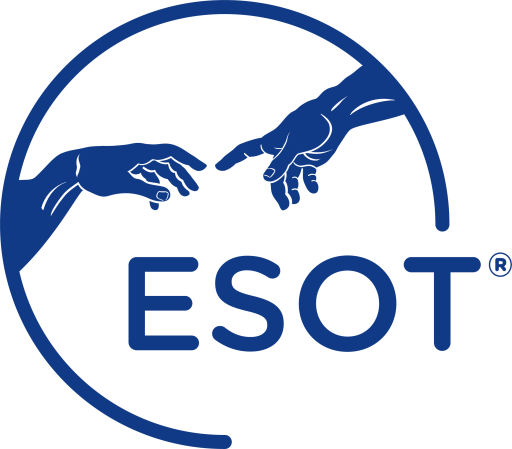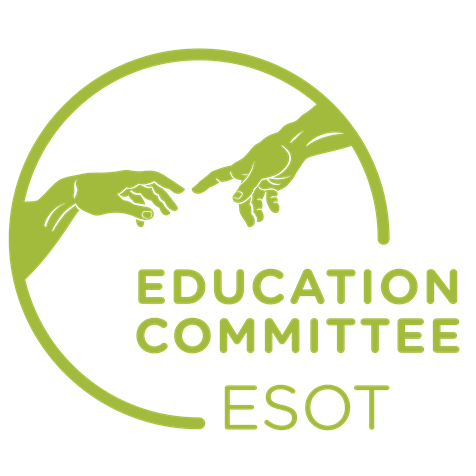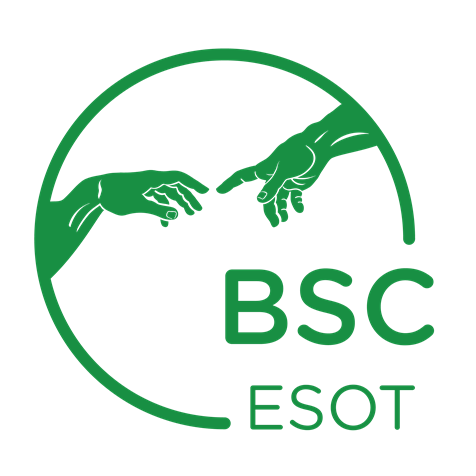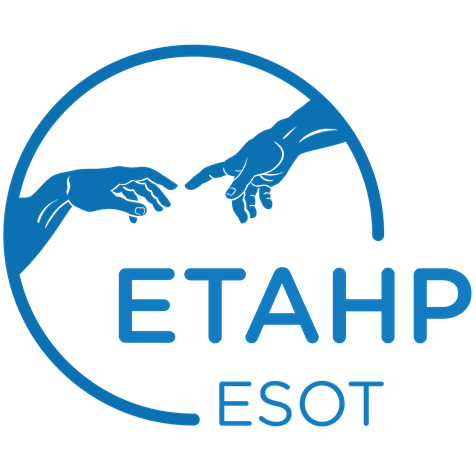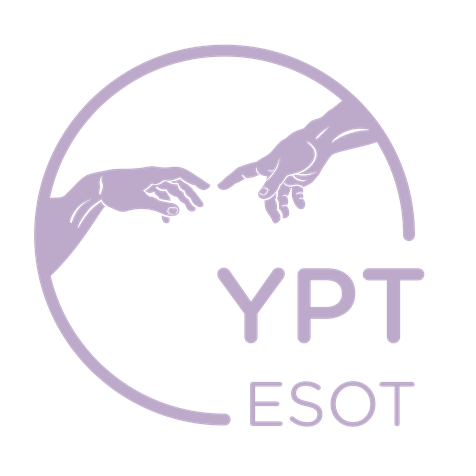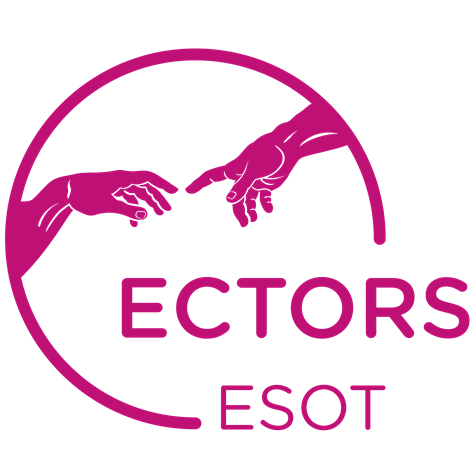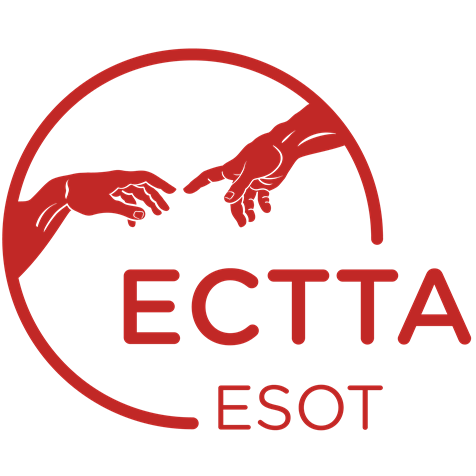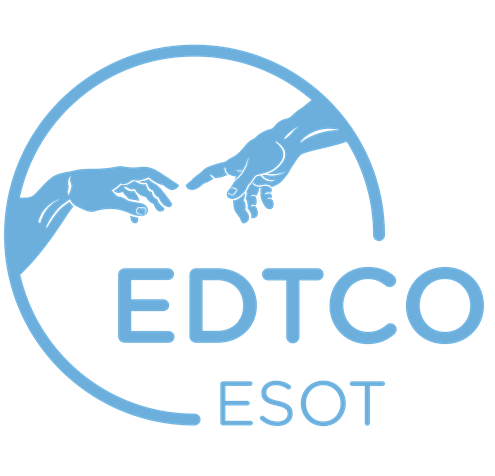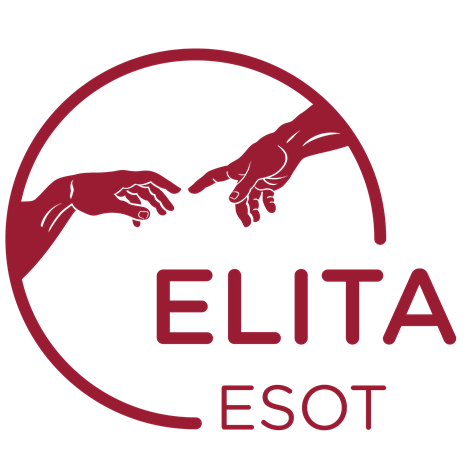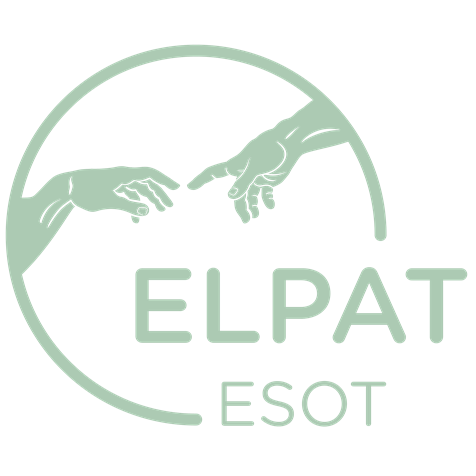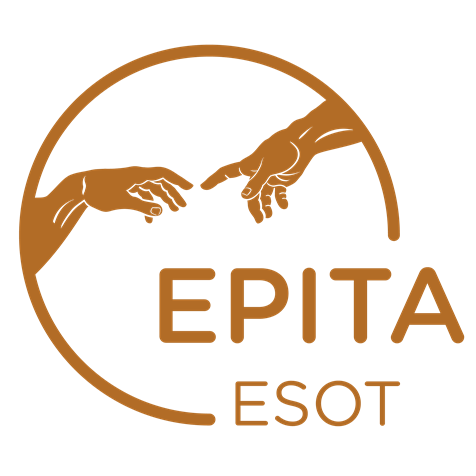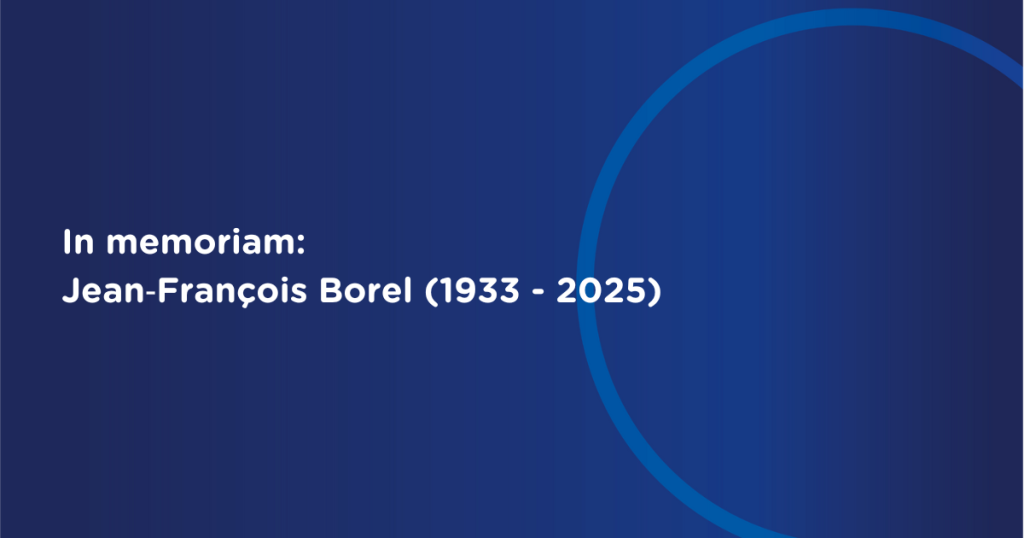It is with deep respect that ESOT commemorates the life and legacy of Professor Jean-François Borel, a pioneering immunologist whose work significantly advanced the field of organ transplantation.
Professor Borel’s contribution arose from a careful and methodical scientific effort. In the late 1960s, at the Sandoz company in Basel, a screening programme was initiated to identify compounds with immunosuppressive effects and minimal toxicity, initially within the context of antibiotic research. In 1971, while Professor Borel was leading the immunology laboratory involved in this programme, a fungal extract, later found to contain cyclosporin, was identified and tested for its immunosuppressive potential. This work led to the development of ciclosporin, approved in 1983, marking a major turning point in clinical transplantation. It significantly improved graft survival rates and made more complex transplant procedures feasible.
Professor Borel’s legacy lives on through the lasting impact of his work on transplantation and medicine more broadly. ESOT honours his contributions and extends its sincere condolences to his family, colleagues, and all those whose lives were touched by his work.
